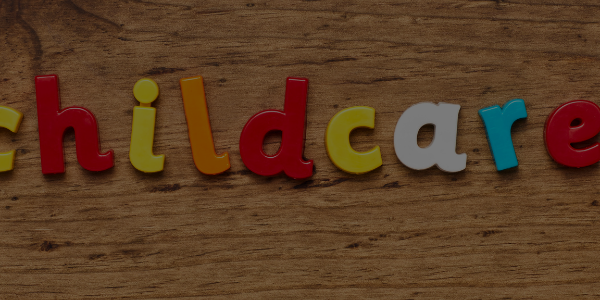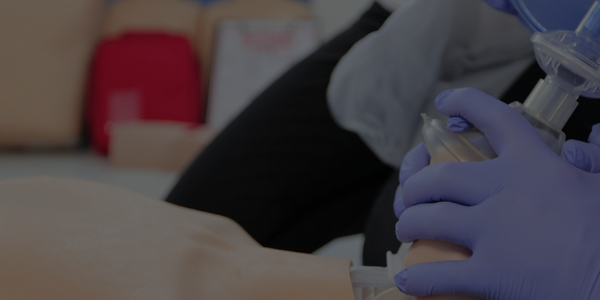Any condition that compromises or decreases blood flow or oxygenation can cause cyanosis. Some conditions are mild
What is Cyanosis?
Cyanosis is a bluish color of the skin, lips and fingernails that results from an excess of deoxygenated hemoglobin in the blood. If a person has cyanosis, it means their body is not getting enough oxygen.
Cyanosis is a common sign of many serious medical issues, including:
- Hypoventilation: An abnormally slow breathing rate that results in a decreased amount of oxygen in the blood.
- Shock: A general term used when blood pressure drops to dangerously low levels. Blood flow and oxygen delivery to organs may decrease, resulting in hypoxia (decreased oxygen) and cyanosis.
- Heart failure: A condition in which the heart cannot pump enough blood to meet the body’s needs for blood and oxygen. Heart failure can result from many forms of heart disease, such as damage to your heart muscle after a heart attack or from long-standing high blood pressure.
Causes
The most common causes of it includes:
-
- Heart disease (such as congenital heart defects)
- Lung diseases (such as pneumonia)
- Hypoxemia (low levels of oxygen in the blood)
- Smoking or being around secondhand smoke
- Peripheral vascular disease (blocked arteries in your arms and legs)
When your body tissue doesn’t get enough oxygen, your skin may turn blue. This can happen because of conditions that affect how much oxygen your blood can carry, such as
Anemia
- Chronic obstructive pulmonary disease (COPD)
- Congenital heart defects
- Heart murmur
- Pulmonary fibrosis
- Pulmonary hypertension
- Sleep apnea
If you suspect it in an infant, follow these steps:
- Call 000 if you suspect cyanosis in your infant.
- If your infant has a fever, be sure to check for signs of sepsis (a life-threatening response to an infection). This includes rapid breathing, disturbed consciousness and rash.
Please note that regular First Aid and CPR Training is the best way to make sure that you’re prepare in the case of an emergency. Book a course with us!
Find this article useful? Read more of our blogs here!





